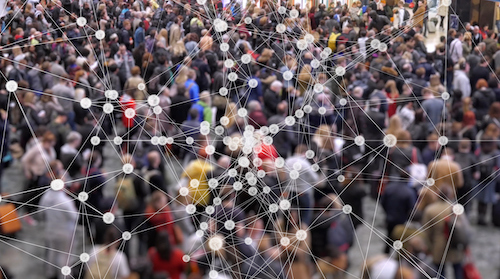We are driven to prevent worldwide suffering through the prevention and control of cancers attributable to infectious diseases.
How Infectious Diseases are Linked to Cancer
- Globally more than 13% of cancers are associated with infection of either viral, bacterial, or parasitic pathogens.
- The international Agency for Research on Cancer (IARC) classifies 11 infectious pathogens as group 1 carcinogens, defined as agents that are carcinogenic to humans.
- Significant infectious agents and their commonly associated cancers include: high-risk human papilloma virus (HPV) with cervical, anal and oropharyngeal carcinoma; Hepatitis B virus (HBV) and Hepatitis C virus (HCV) with hepatocellular carcinoma and non-Hodgkin-Lymphoma; Helicobacter pylori with gastric cancer; and, Epstein-Barr virus with Hodgkin Lymphoma.
- Science focused on the link between cancer and infection is continually evolving, including a need for greater understanding about the effects on immune compromised populations (HIV positive) and awareness of new infectious agents.
Training Future Leaders
We train the new generation of investigators who will work towards advancing the science on screening, early diagnosis and prevention including vaccination strategy. Through our work with trainees and collaborators in sub-Saharan Africa (i.e. Ethiopia, Rwanda, and Botswana), we engage with key stakeholders to: prioritize evidence-based HPV screening and vaccination programs; integrate translation research among developing oncology cancer centers; and support ongoing epidemiologic data monitoring.
